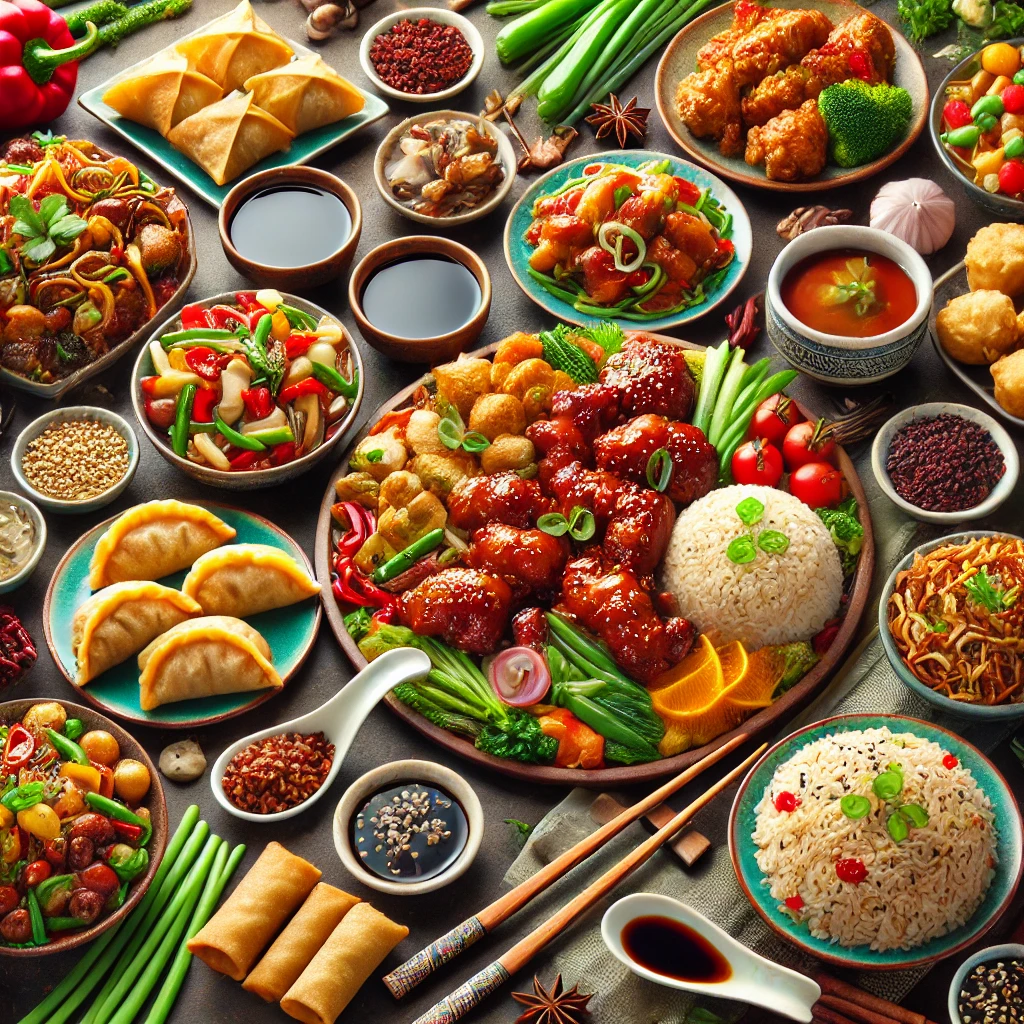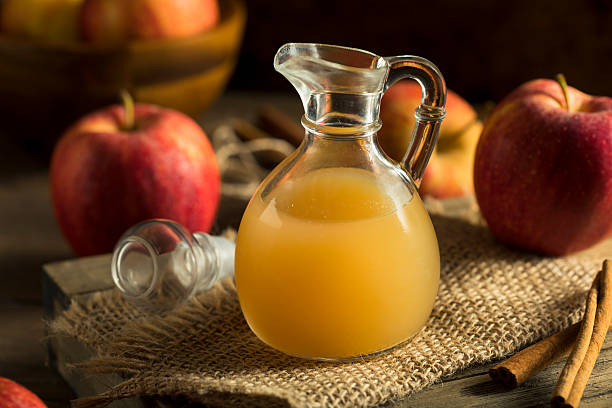“The Benefits of Asian food will greatly benefit you with your bodybuilding”
The Benefits of Asian Food for Bodybuilders is great in optimizing nutrition for bodybuilding. Many athletes turn to Asian cuisine for its diverse flavors, nutrient-rich ingredients, and health benefits. Rooted in tradition and crafted with balance in mind, Asian food offers a unique combination of lean proteins, complex carbohydrates, and healthy fats, making it an excellent choice for bodybuilders aiming to build muscle, enhance recovery, and fuel performance.

Rich in Lean Proteins
Protein is a cornerstone of any bodybuilder’s diet, and Asian cuisine provides an array of high-quality protein sources. Staples like chicken, fish, tofu, and eggs are featured prominently in dishes such as teriyaki chicken, sushi, and stir-fry. These proteins help repair and rebuild muscle fibers after intense workouts, supporting muscle growth and recovery.
- Tofu and Tempeh: Plant-based options that are high in protein and low in fat, ideal for vegetarians and vegans.
- Fish: Salmon and tuna are rich in omega-3 fatty acids, which promote muscle repair and reduce inflammation.
- Eggs: A common ingredient in fried rice or ramen, eggs are a complete protein packed with essential amino acids.
Complex Carbohydrates for Sustained Energy
Carbohydrates are vital for replenishing glycogen stores and providing the energy needed for heavy lifting and intense cardio. Asian cuisine incorporates complex carbohydrates like rice, noodles, and sweet potatoes, which digest slowly, offering sustained energy without spikes in blood sugar.
- Brown Rice: A fiber-rich option commonly served alongside grilled meats and stir-fried vegetables.
- Rice Noodles: Lightweight and gluten-free, they provide easily digestible carbs, making them perfect for post-workout meals.
- Sweet Potatoes: Frequently used in Asian desserts and sides, sweet potatoes are a nutritional powerhouse for endurance and recovery.
Low in Saturated Fats
Asian dishes often use healthy cooking methods such as steaming, grilling, and stir-frying, which minimize the use of unhealthy fats. Ingredients like sesame oil and coconut milk provide essential fats that support hormone production and nutrient absorption, crucial for bodybuilders looking to optimize their diet.

Rich in Vegetables and Antioxidants
One hallmark of Asian cuisine is its abundant use of fresh vegetables like broccoli, bok choy, bell peppers, and spinach. These ingredients are packed with vitamins, minerals, and antioxidants, which help reduce oxidative stress caused by intense training. Additionally, the high fiber content promotes digestion and nutrient absorption.
- Kimchi: A fermented Korean dish rich in probiotics, which improve gut health and enhance nutrient absorption.
- Seaweed: Found in sushi and soups, seaweed is high in iodine and magnesium, supporting thyroid function and energy metabolism.
Natural Flavor Enhancers for Better Recovery
Asian dishes often incorporate natural spices and herbs like ginger, garlic, and turmeric, which offer anti-inflammatory and immune-boosting properties. For bodybuilders, these benefits translate into faster recovery and reduced muscle soreness.
- Ginger: Known to improve circulation and reduce muscle pain.
- Turmeric: Contains curcumin, which helps combat inflammation and joint pain.
- Garlic: Supports heart health and boosts immunity.
Portion Control and Customization
Asian cuisine often emphasizes small portions and balanced meals, allowing bodybuilders to customize their plates based on their macronutrient needs. For instance, a typical bento box includes a mix of protein, vegetables, and rice, making it easy to adjust protein and carb ratios.
Examples of Bodybuilder-Friendly Asian Dishes
- Sushi Rolls: Combine lean fish with rice for protein and carbs. Opt for rolls with avocado for healthy fats.
- Chicken Stir-Fry with Vegetables: A simple, customizable dish that’s low in fat and high in protein and fiber.
- Pho: A Vietnamese noodle soup packed with lean protein (chicken or beef), rice noodles, and flavorful herbs.
- Bibimbap: A Korean mixed rice dish topped with protein, vegetables, and a fried egg, offering a well-rounded macronutrient profile.
- Thai Green Curry: Made with chicken, vegetables, and coconut milk, it provides protein and healthy fats.

Hydration and Electrolyte Balance
The Benefits of Asian Food beverages like green tea, miso soup, and coconut water are staples that provide hydration and replenish electrolytes lost during workouts. Green tea, in particular, is rich in antioxidants and may aid in fat loss, making it a great addition to a bodybuilder’s routine.
Conclusion
The Benefits of Asian Food for Bodybuilders offers a perfect blend of flavors, nutrition, and health benefits that align with the goals of bodybuilders. By incorporating lean proteins, complex carbohydrates, fresh vegetables, and healthy fats, it provides the essential building blocks for muscle growth, recovery, and performance. Whether it’s a bowl of pho after a heavy leg day or a sushi platter for a high-protein treat, Asian food is a delicious and effective way to fuel your fitness journey.
-
Tipton, K. D., & Wolfe, R. R. (2001). Exercise, protein metabolism, and muscle growth. International Journal of Sport Nutrition and Exercise Metabolism, 11(1), 109–132.
(Highlights the importance of protein sources, such as fish and tofu, for muscle repair and growth.) -
Slavin, J. L. (2005). Dietary fiber and body weight regulation. Nutrition, 21(3), 411–418.
(Explains the role of fiber-rich foods like vegetables and rice in satiety and digestion.) -
Calder, P. C. (2006). Polyunsaturated fatty acids and inflammation. Prostaglandins, Leukotrienes, and Essential Fatty Acids, 75(3), 197–202.
(Discusses omega-3 fatty acids in fish and their benefits for reducing inflammation and promoting muscle recovery.) -
Aggarwal, B. B., & Harikumar, K. B. (2009). Potential therapeutic effects of curcumin, the anti-inflammatory agent in turmeric. Biochemical Pharmacology, 78(11), 1590–1601.
(Details the anti-inflammatory properties of turmeric and its role in recovery.) -
Zhao, X., Yang, Z. B., Gai, G. S., et al. (2006). Probiotics in fermented foods like kimchi and their health benefits. Trends in Food Science & Technology, 17(10), 497–505.
(Describes the gut health benefits of probiotics found in fermented dishes like kimchi.) -
Heaney, R. P., & Weaver, C. M. (2003). Calcium and vitamin D. Journal of Bone and Mineral Research, 18(5), 110–115.
(Highlights the role of foods like seaweed in supporting bone and muscle health due to their calcium content.) -
Green Tea: Health benefits and risks. (2021). Harvard Health Publishing. Retrieved from https://www.health.harvard.edu
(Explores the antioxidant properties and fat loss potential of green tea.) -
Noakes, T. D., & St Clair Gibson, A. (2004). Hydration and electrolyte balance in exercise. Sports Medicine, 34(9), 663–681.
(Covers the importance of beverages like coconut water and miso soup for hydration and electrolyte replenishment.) -
Eshel, G., & Martin, P. A. (2006). Diet, energy, and global warming: Impact of food choices on the environment. Environmental Science & Technology, 40(14), 4268–4273.
(Discusses the environmental benefits of plant-based proteins like tofu and tempeh, aligning with health benefits.) -
Burke, L. M., Hawley, J. A., Wong, S. H. S., et al. (2011). Carbohydrates for training and competition. Journal of Sports Sciences, 29(Suppl 1), S17–S27.
(Explains the role of complex carbohydrates like rice and sweet potatoes in energy replenishment and performance.)







